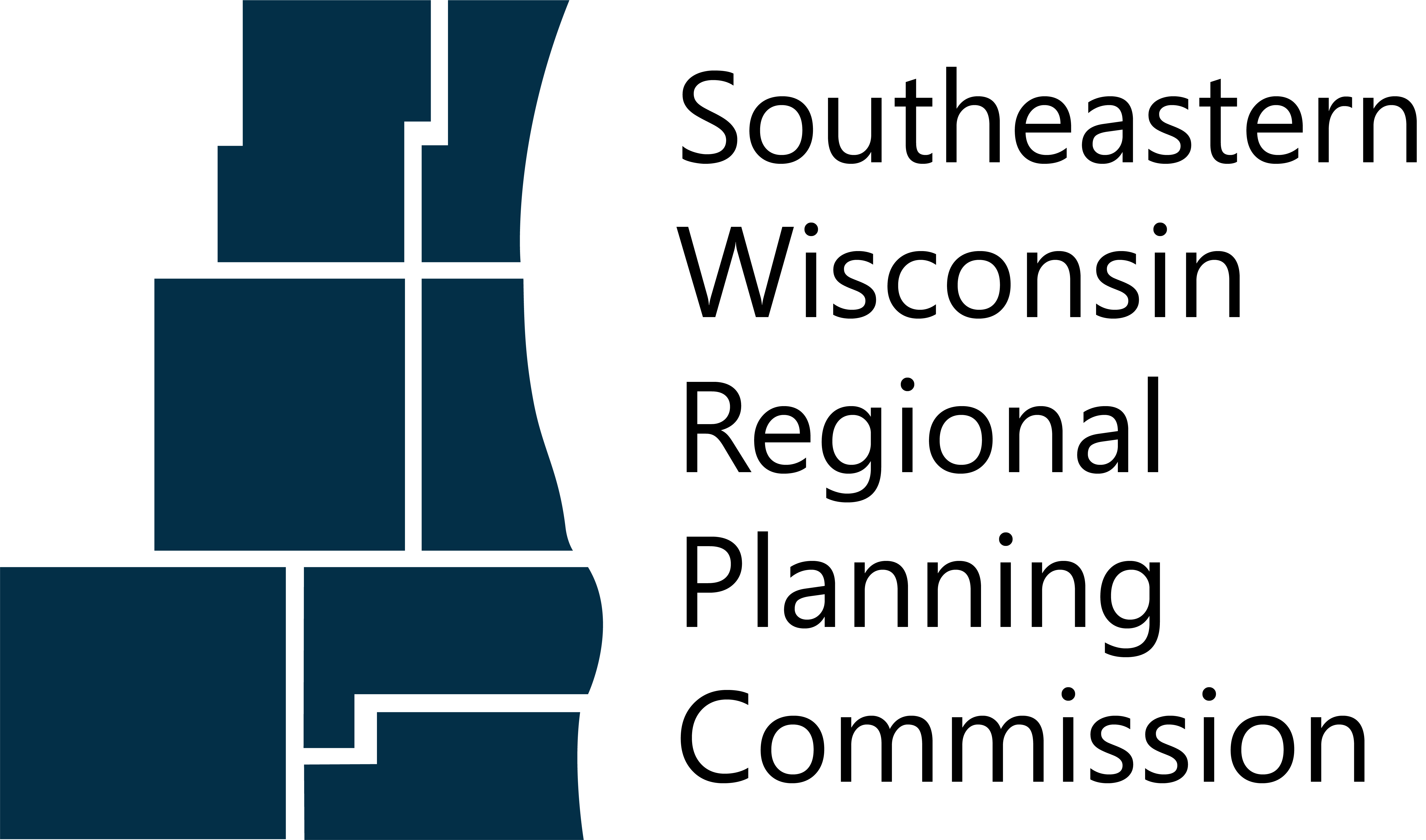Climate Change
Climate change is a significant topic closely followed by the Commission that influences multiple aspects of the Commission’s planning work.
Climate Change
Climate refers to the long-term weather conditions for an area or region. The Wisconsin Initiative on Climate Change Impacts (WICCI) was formed in 2007 as a cooperative effort led by the Wisconsin Department of Natural Resources and the Nelson Institute for Environmental Studies at the University of Wisconsin-Madison. WICCI was formed to address how climate change might affect Wisconsin. Commission staff served on the Milwaukee Working Group for the initial study and currently serve on the WICCI infrastructure working group.
Since the initial 2011 WICCI Assessment Report, data continue to show increases in warming, rain and snow, and more frequent extreme rainfall events. Statewide annual minimum temperatures have warmed by about 3°F (Fahrenheit), and annual total precipitation in the southern part of the State has increased by nearly 20% between 1950 and 2018. These changes were documented in the 2021 Assessment Report completed by WICCI. New analyses reaffirm previous climate projections indicating that many of these trends will continue, with wide-ranging consequences for Wisconsin’s natural and built environments. More trend information can be found on this WICCI Trends and Projections page.
Climate Pollution Reduction Grant
The Commission received a $1 million planning grant from the EPA’s Climate Pollution Reduction Grant (CPRG) program to study pollution-reduction measures to improve health, workforce preparedness, and regional collaboration in the Milwaukee metro area. The next deliverable is a comprehensive action plan, due by December 1, 2025, , which will refine pollution reduction measures based state and local plans, and community input. Click below to read more about CPRG and share your feedback and priorities.
Other Related Work
Hazard Mitigation Plans
Commission staff are incorporating climate change into the FEMA Countywide Hazard Mitigation Plans in our purview. These include the Kenosha, Milwaukee, Ozaukee, Racine, and Washington County hazard mitigation plans. The plans discuss how projected changes to rainfall and temperatures in the Region may worsen the impacts of flooding, drought, extreme heat, and other weather hazards. A major objective in these plans is to aid communities in planning for resiliency, including the impacts of climate change (i.e., design and build infrastructure that accounts for future climate conditions) and to engage and protect the most vulnerable in response to extreme weather events.
Watershed Restoration Plans
Climate directly affects water resources and future climate conditions may influence the quantity and quality of those resources. Staff assess the impacts of climate change on water resources as part of planning for the future health of watersheds within the Region. As an example, staff assessed the projected impacts of climate change on fish communities within the Oak Creek watershed in the Oak Creek Watershed Restoration Plan. Various actions recommended in the plan aim to combat the impacts of climate change by reducing instream water temperatures in the Oak Creek and its tributaries.
Lake Michigan Coastal Resilience Efforts
Coastal communities of the Region are becoming increasingly vulnerable to a variety of Lake Michigan coastal hazards due to many factors, including the impacts of climate change. in response, the Commission partnered with the Wisconsin Coastal Management Program, University of Wisconsin Sea Grant, and University of Wisconsin-Madison Department of Civil and Environmental Engineering on the Southeastern Wisconsin Coastal Resilience Project.
The project team worked with counties and municipalities to assess coastal hazard vulnerabilities, prioritize actions, and begin to implement some of these actions through small grants provided by the project funding. A coastal resilience community of practice was established for local officials, scientists, and outreach specialists to collaborate on coastal hazard preparedness.
In 2021, the Collaborative Action for Lake Michigan (CALM) Coastal Resilience project expanded the framework of the Southeastern Wisconsin Coastal Resilience Project to include the rest of Wisconsin’s Lake Michigan coastal communities. Commission staff served on the CALM project steering committee and remain active on the CALM leadership team.
